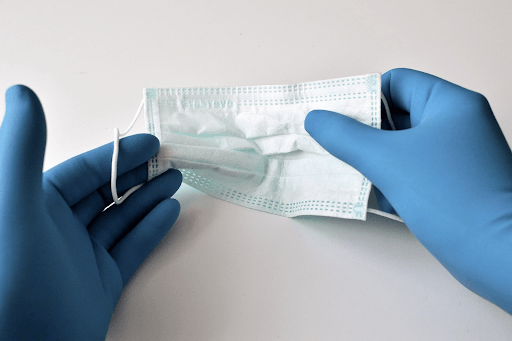We live our lives surrounded by viruses of all kinds. This is nothing new. Neither is the importance of actively protecting yourself from viruses. Recent events prove as much.
Yet aside from social distancing and wearing a mask, there are other less obtrusive ways to boost your natural defenses, curate bodily homeostasis and better prepare yourself for the next inevitable confrontation with a virus.
Incorporating a medicinal mushroom supplementation into your daily routine with an antiviral effect in mind is one such way.
Sugars that Stimulate
The most prominent medicinal compound in most medicinal mushrooms is a type of polysaccharide — complex, long-chain sugars — called Beta-d-glucans. Beta-d-glucans are found in nearly all fungal cellular walls and enhance the body’s natural defenses against diseases like autoimmune disorders, viruses and various types of cancer.
How?
By activating the various cells — T-cells, NK-cells, B-cells, and Phagocytes — that comprise your body’s immune system. As a result, this immunostimulating activity causes an indirect but appreciable antiviral effect. In essence, consuming medicinal mushrooms generally provides you with antiviral effects merely because of the way they interact with your immune system. Nonetheless, there are certain medicinal mushrooms with more powerful antiviral effects than others.
Let’s take a look at a few.
Maitake (Grifola frondosa) mushroom, also known as “Hen of the Woods,” also possesses strong antiviral properties. In one study, one of the major medicinal beta-d-glucans in Maitake, Grifola frondosa polysaccharide (GFP), was able to effectively inhibit Hepatitis B virus DNA in cells. In another study, a compound extracted from Maitake “displayed great ability to inhibit in vitro replication of HSV type 1,” also known as the Herpes simplex virus.
Triterpenes found in the Reishi (Ganoderma lucidum) mushroom, of which there are more than 100, “are active as antiviral agents against human immunodeficiency virus type 1, herpes, and influenza a,” while the two main beta-d-glucans in Turkey Tail (Trametes versicolor), polysaccharide krestin (PSK) and polysaccharopeptide (PSP), have been “found to have an antiviral effect on HIV and cytomegalovirus in vitro.”
Shiitake (Lentinula edodes) mushrooms have demonstrated the ability to inhibit viral replication, and in one study, showed “prominent antiviral activity” by up-regulating the expression of cytokines — proteins important in cell signaling and involved in immunomodulation — with “antiviral, anti-proliferative and immunomodulatory effects” and down-regulating the expression of cytokines with proinflammatory effects.
Finally, there’s Chaga (Inonotus obliquus), which may be the most potent antiviral medicinal mushroom — though technically, Chaga isn’t a mushroom but a canker — we know of. Polysaccharides within Chaga have shown the ability to combat herpes, influenza, and a host of other viruses in feline tests, and to suppress the infectivity of the pandemic influenza in mice at a rate comparable to Tamiflu, an antiviral drug that inhibits viral reproduction.
Currently, there are no effective vaccines or specific therapies approved for humans against viruses like Ebola, Lassa, and Avain flu. And for Covid, there is just one. These global health concerns aren’t going away any time soon, making preparation and prevention on an individual level paramount moving forward. Medicinal mushrooms are here to help.
Sources:
- https://www.ncbi.nlm.nih.gov/pmc/articles/PMC7551890/
- https://www.ncbi.nlm.nih.gov/pmc/articles/PMC1193547/
- https://pubmed.ncbi.nlm.nih.gov/25576897/
- https://pubmed.ncbi.nlm.nih.gov/29704603/
- https://www.sciencedirect.com/science/article/abs/pii/S0166354207002793
- https://www.sciencedirect.com/science/article/abs/pii/S0166354206001598
- https://pubmed.ncbi.nlm.nih.gov/23510282/
- https://pubmed.ncbi.nlm.nih.gov/22462058/
- https://pubmed.ncbi.nlm.nih.gov/19577624/

